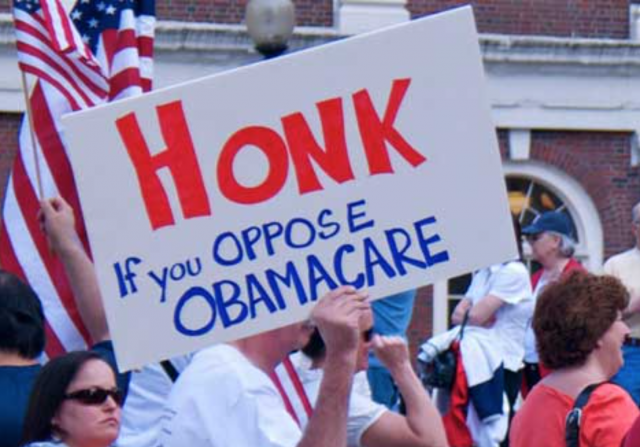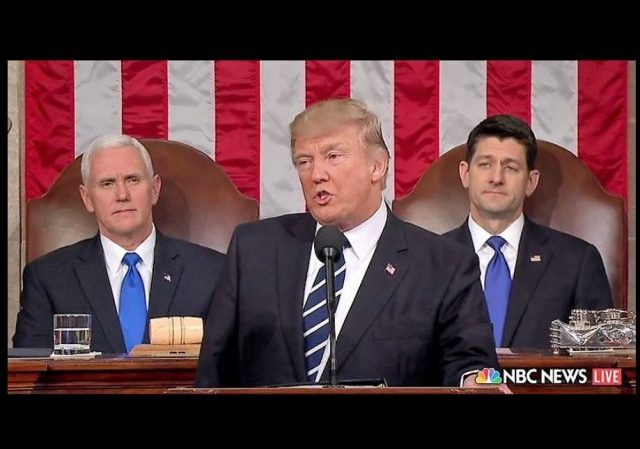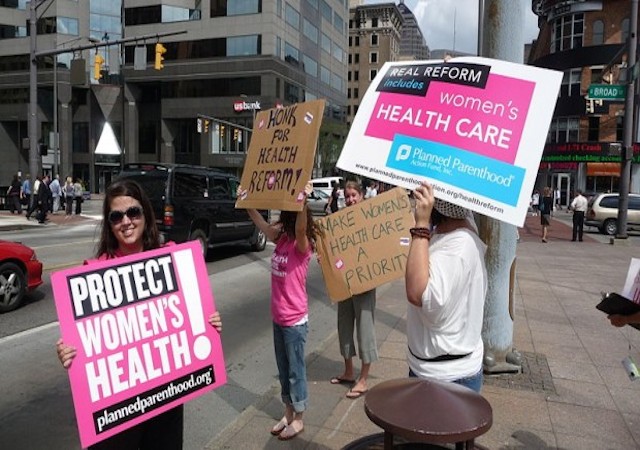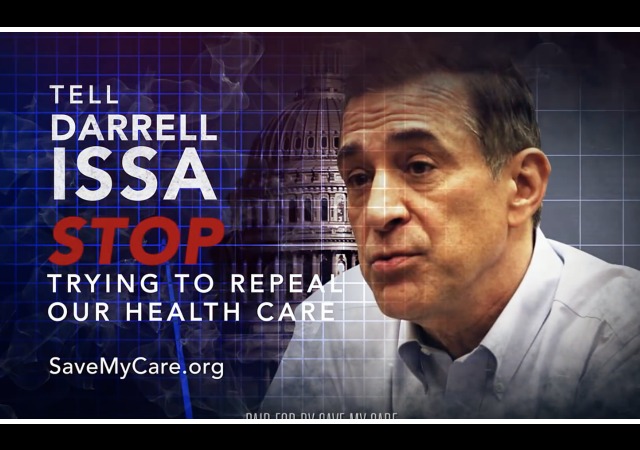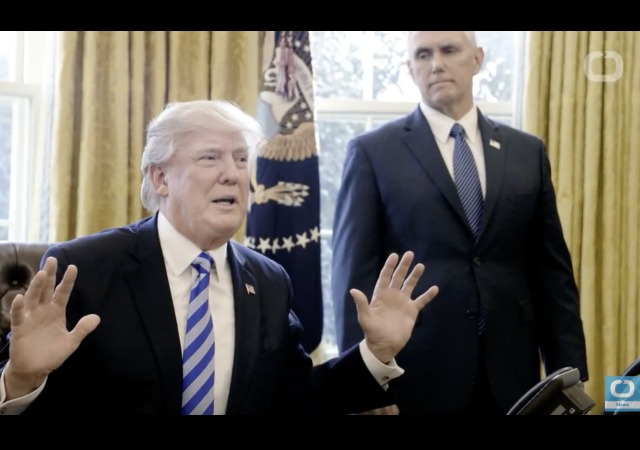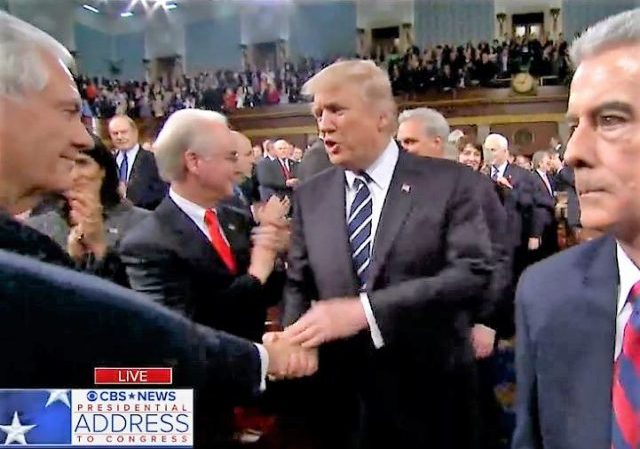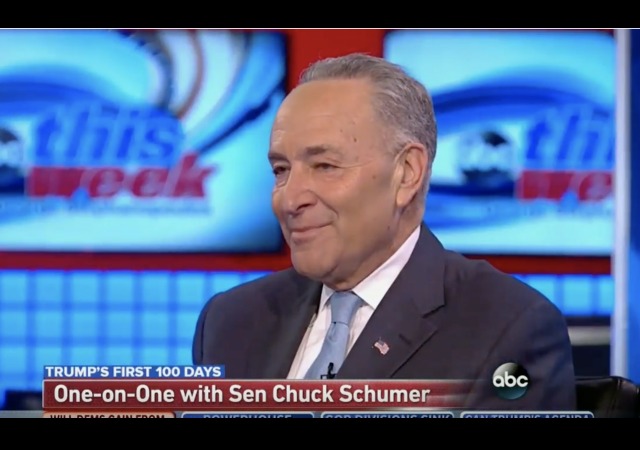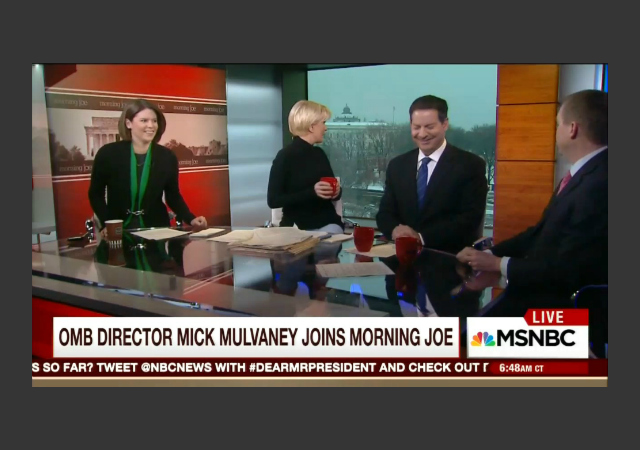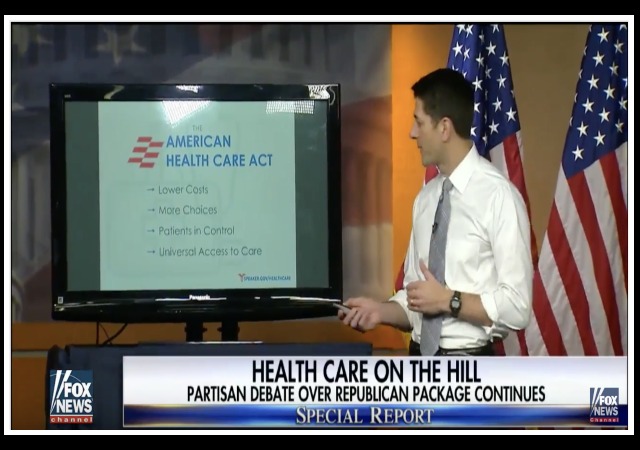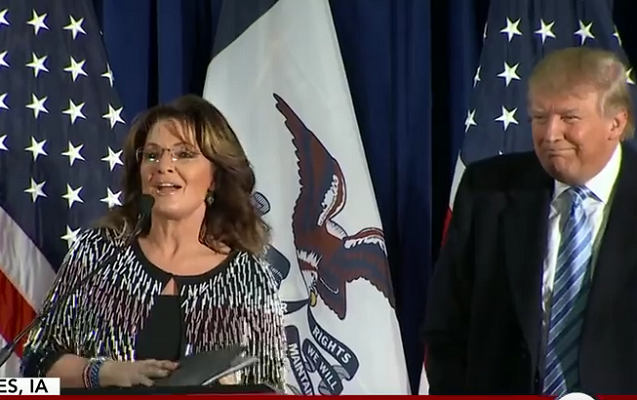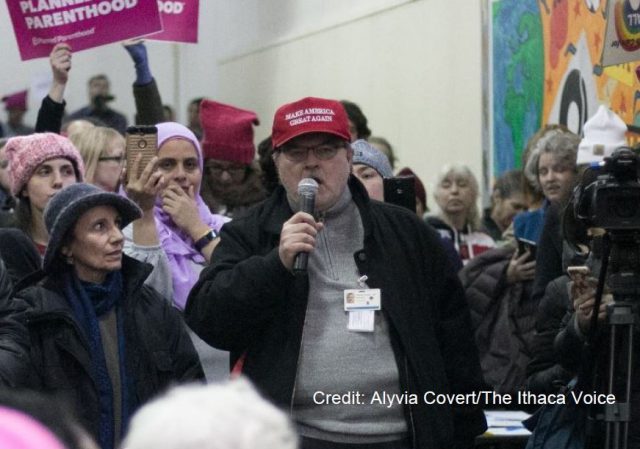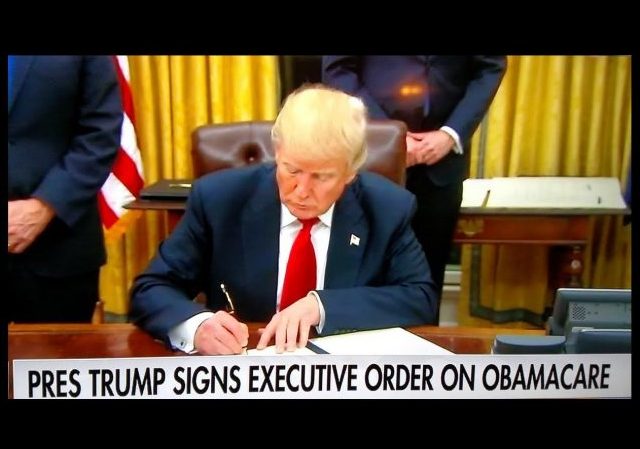"Repeal and replace" has been the GOP mantra since the Affordable Care Act, aka ObamaCare, was signed into law in 2010. Riding the wave of horror and outrage that inspired millions of Americans to rise up and rally, attend town halls, and become involved in the election process, the GOP has enjoyed enormous gains not only at the federal but at the state and local level across the nation. They all understand how important this moment is to the Republican party, and they all comprehend that they have one chance to get this right.
What is not clear is how much they get about the need for substantive changes to those parts of ObamaCare they can tackle with only a simple majority in the Senate. As
the prof noted, they are somewhat restricted in what they can do unilaterally; without a supermajority in the Senate, there are parts of ObamaCare that cannot be "fixed" via budget reconciliation.

